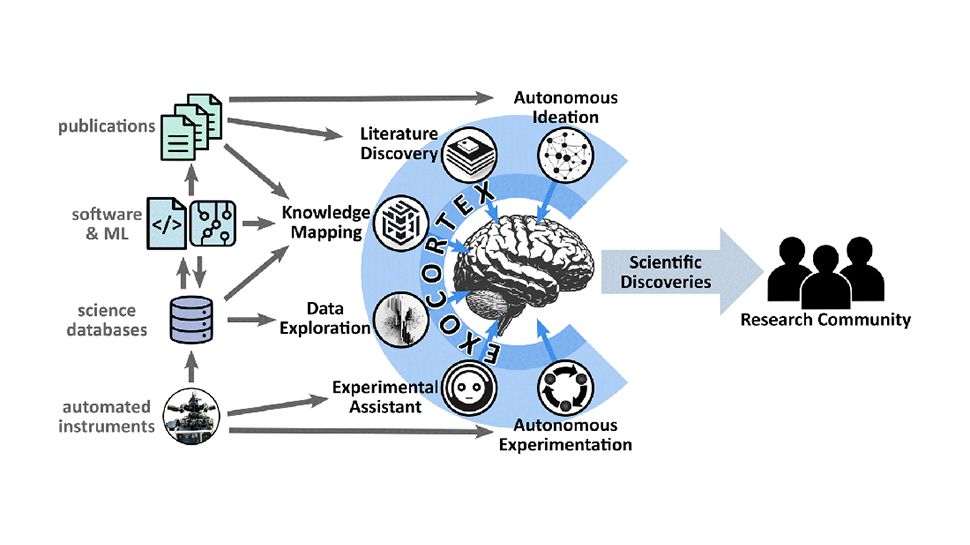Breaking News
Popular News





Enter your email address below and subscribe to our newsletter
by dustkey

In a groundbreaking initiative that promises to redefine the boundaries of human cognition and artificial intelligence, scientists at the United States Department of Energy have embarked on an exploration into the concept of an “Exocortex.” This advanced system is envisioned as a bridge between the human mind and a network of AI agents, acting as an extension of the brain that could potentially augment our inspiration and imagination.
The idea of an exocortex represents uncharted territory in the realm of human-computer interaction (HCI). The system is designed to integrate seamlessly with the brain, providing an enhanced cognitive interface that is word-based, allowing scientists to tap into and utilize advanced computational processes directly through linguistic interactions with AI.
This kind of development heralds a new era in scientific research, where traditional methods could be vastly improved by AI’s ability to process and analyze large volumes of data far beyond human capability. The exocortex could potentially start a revolution in how scientific theories are developed, tested, and understood, offering researchers an unprecedented level of insight and efficiency.
While the potential of such a system is immense, the journey towards its realization involves complex ethical and technical challenges. One of the primary concerns is ensuring that the integration of AI into human cognition remains safe and ethical, with clear guidelines for how data is shared and utilized. Moreover, questions about autonomy, privacy, and control arise as we ponder the extent to which human thought processes might become intertwined with artificial ones.
The project also invites us to rethink the concept of intelligence itself. By augmenting human cognition with AI capabilities, we could unlock new levels of creativity and innovation, ultimately leading to advancements not only in science but across various fields such as technology, medicine, and even arts.
As these explorations continue, the dream of an exocortex points towards a future where the limitations of the human brain can be transcended. This could pave the way for remarkable discoveries that were once unimaginable, fundamentally altering our understanding of both human and machine intelligence.